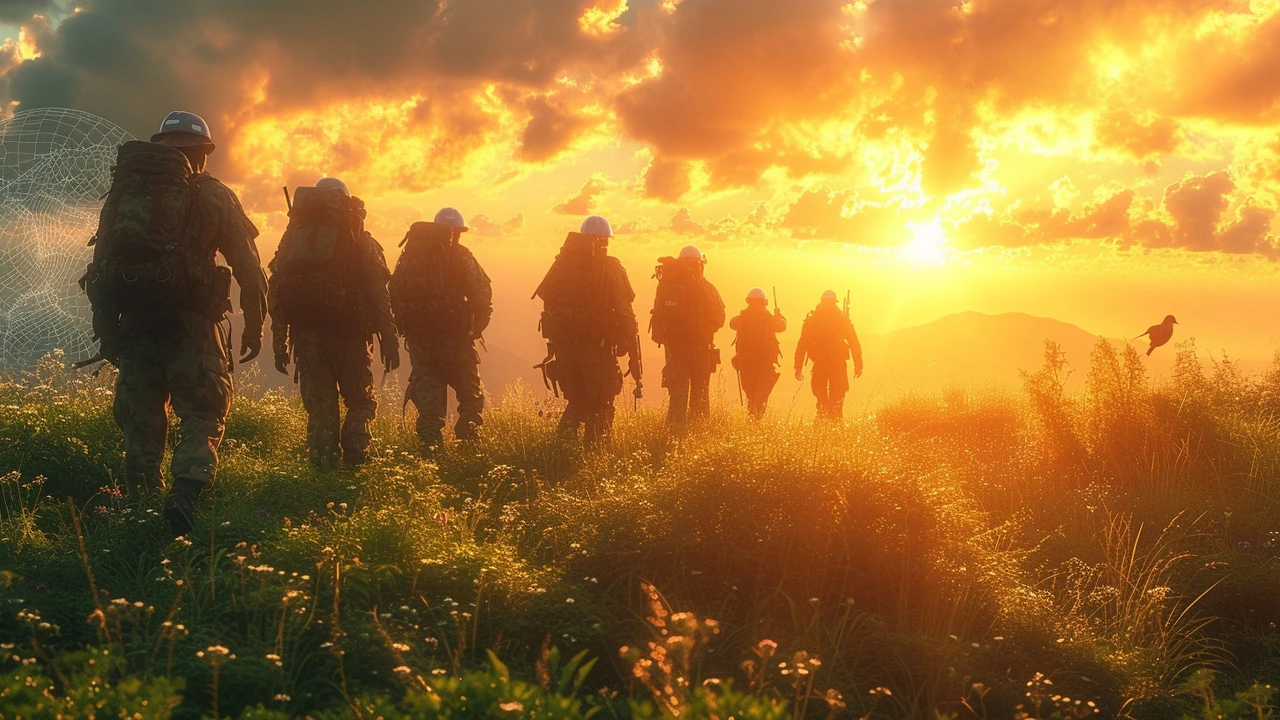Ever wondered what a day in the life of a peacekeeper really looks like? These are not movie scenes. They’re short, sharp moments: patrols before dawn, tense negotiations in village halls, building trust with nervous neighbors. The stories here are practical and direct—what worked, what failed, and what people on the ground learned in the process.
First, peacekeeping is not just about uniforms and checkpoints. Many accounts focus on small acts that matter: helping rebuild a school roof, mediating a water-sharing dispute, or training local police in basic rights. Those quiet wins often prevent bigger fights. You’ll read about routine tasks that save lives and the daily choices that steer a mission away from disaster.
Second, the emotional cost shows up in every story. Peacekeepers describe long nights thinking about civilians they couldn’t protect, and the relief when a negotiation prevents violence. These pieces explain how teams cope—peer support, structured debriefs, and simple habits like group walks or letters home. If you want to understand resilience, these firsthand notes say more than policy papers.
Third, context matters. Success or failure often depends on listening to local leaders and learning local customs fast. Several stories highlight how one respectful meeting with elders changed an entire town’s attitude. Others show how ignoring local dynamics made solutions collapse fast. That’s a clear takeaway: listening is strategy.
Thinking of a career in peacekeeping? Start here. Read stories that talk about training, languages, and the patience you’ll need. Look for practical tips: how to build trust in the first 48 hours, what to pack for remote duty, and how to manage stress during long deployments. Veterans often offer direct advice on paperwork, vaccinations, and realistic timelines—details that recruiters don’t always share.
Want to support from home? These narratives show meaningful ways: donate to rehabilitation projects tied to missions, follow credible NGOs, and amplify voices of local partners. Simple actions like sharing verified reports or supporting education projects make a real difference when funds and attention are scarce.
Finally, these stories challenge easy answers. Peacekeeping is messy, costly, and sometimes slow. But reading honest accounts gives you a clearer picture: the trade-offs, the daily successes, and the true costs of staying committed. If you want to learn, act, or join, start with one story—then follow the practical steps the writers recommend.
Browse the collection, pick one voice, and read how peacekeeping feels on the ground. You’ll leave with clear, usable takeaways, not slogans—because real stories teach better than reports ever can.

Hey there, it's your gal on the ground, diving deep into the world of those brave souls in the shadows of global conflict. I've had the honor to connect with some of the most heroic yet overlooked peacekeepers, and their stories are nothing short of awe-inspiring. You'll be gripped by tales of selfless acts under fire, the quiet strength in the face of chaos, and amazing displays of humanity that these individuals show every day. I promise, by the end of this, you won't look at peacekeeping the same way again. Join me as I shed light on the incredible narratives of those who dedicate their lives to forging peace.
